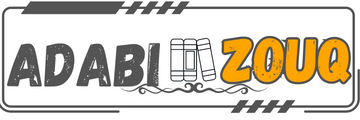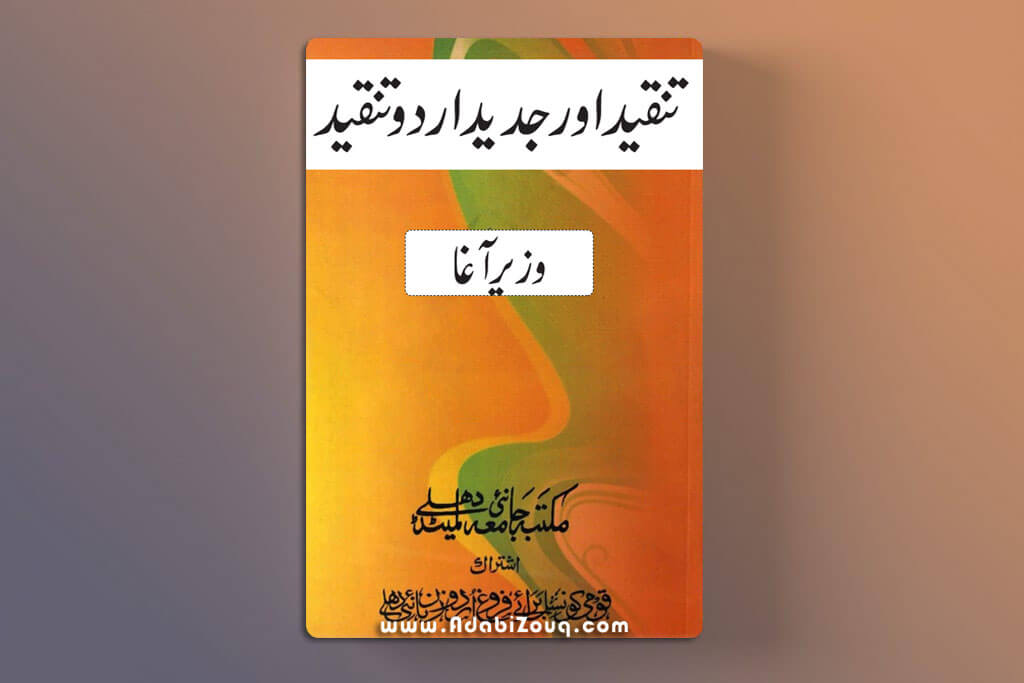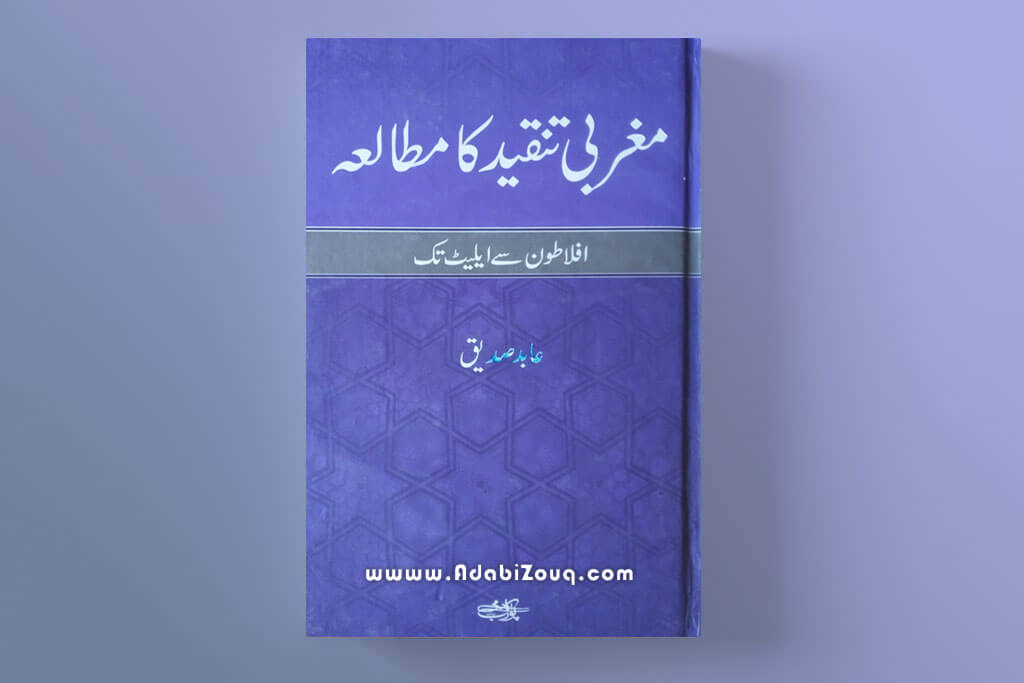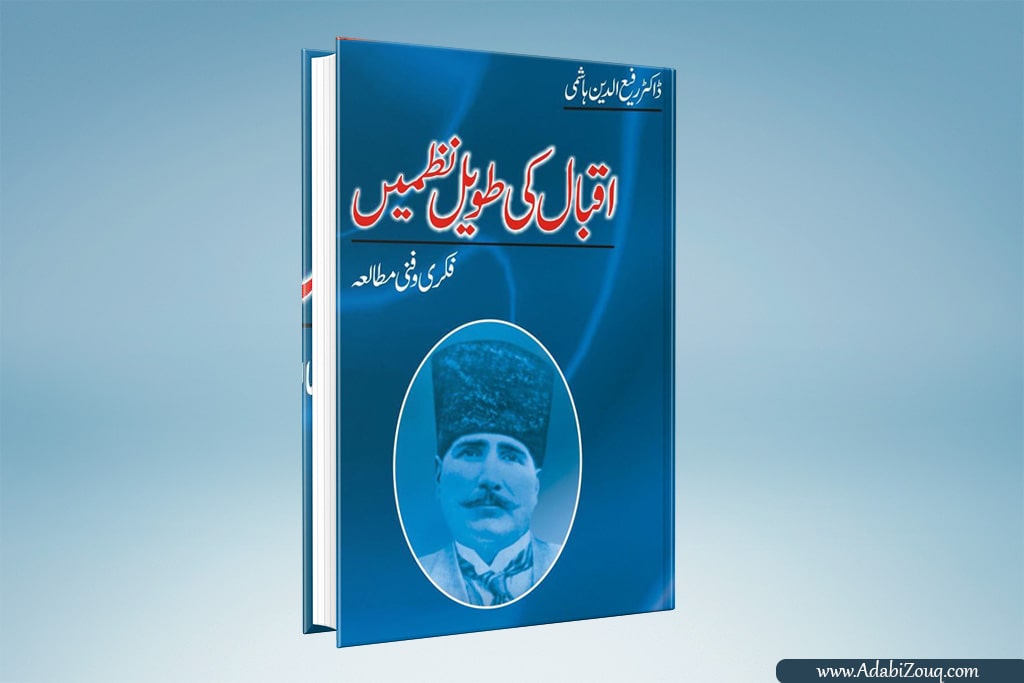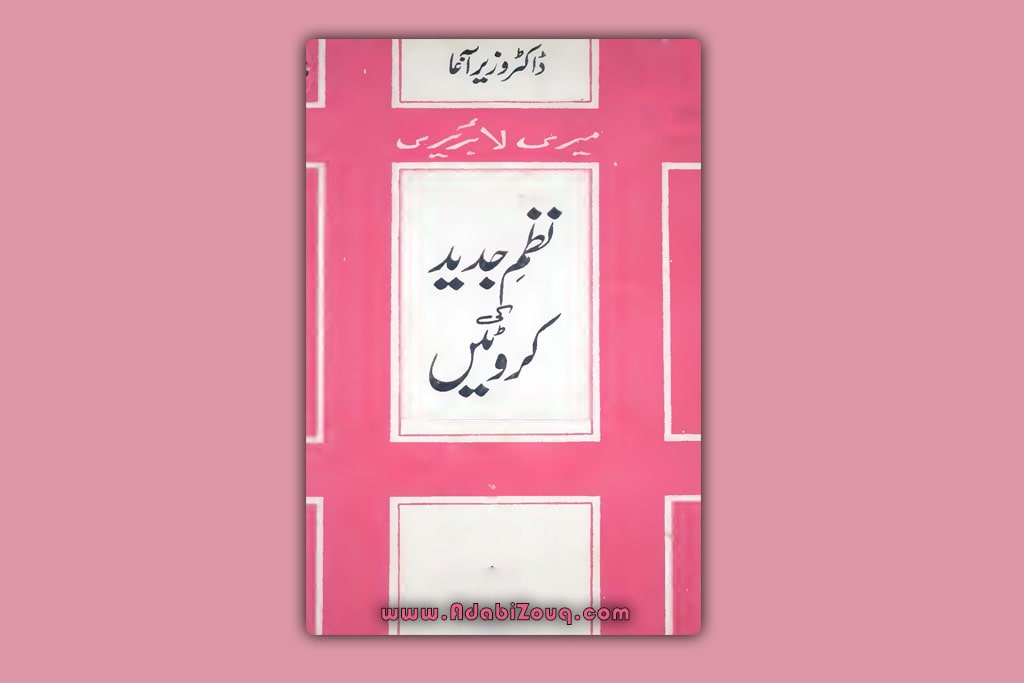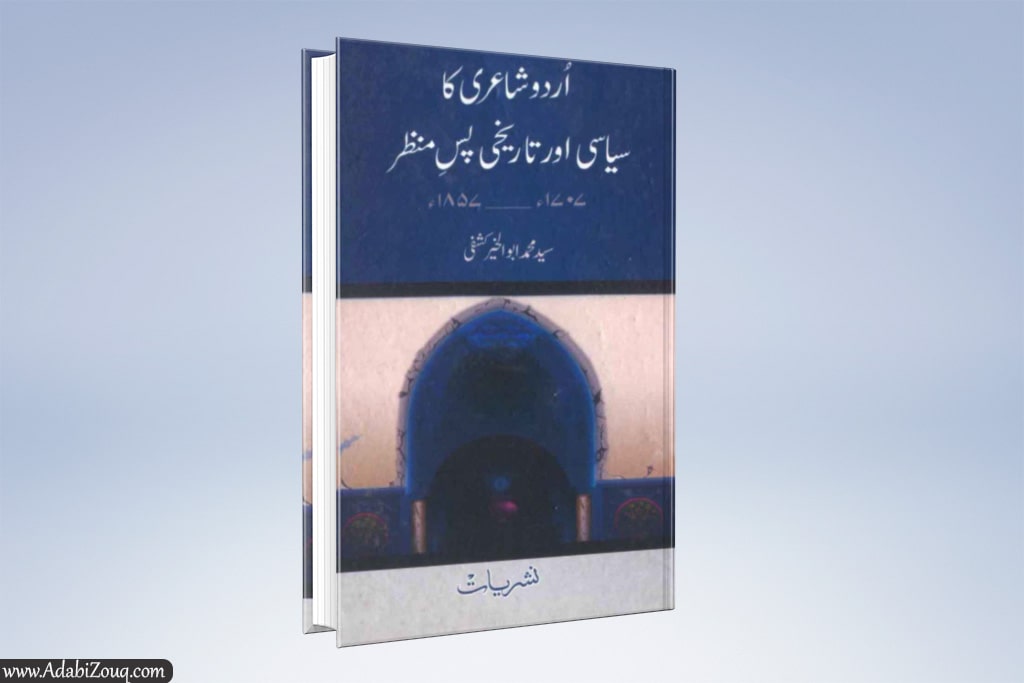Jadeed Urdu Ghazal By Rasheed Ahmad Siddiqui
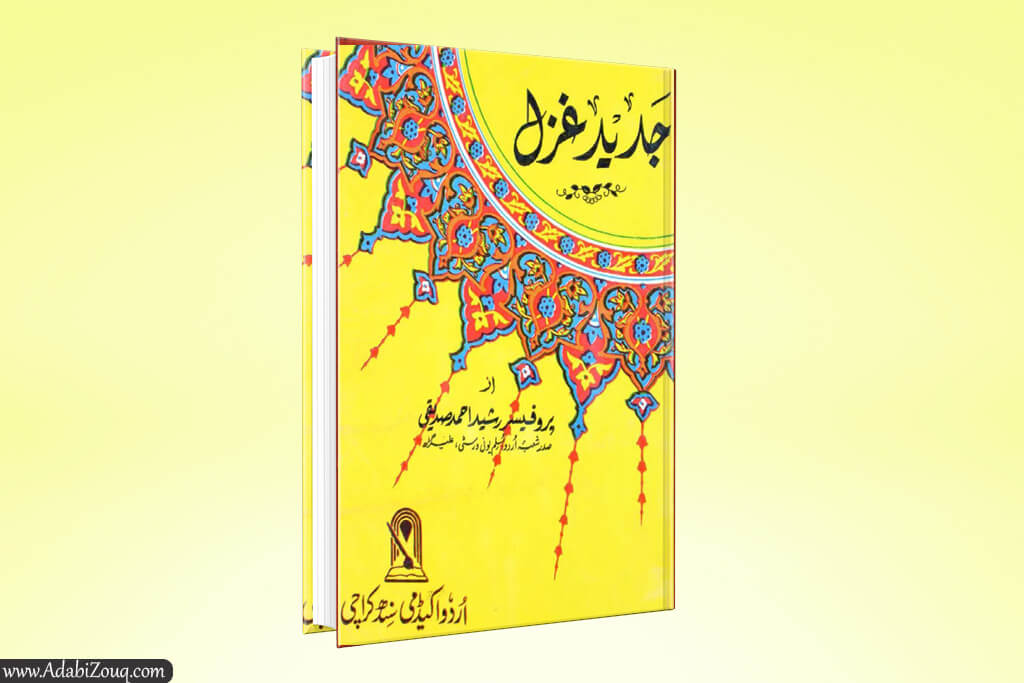
The book Jadeed Urdu ghazal (Urdu Shayari book) under review is Rasheed Ahmed Siddiqui’s thesis that he read at a literary event on August 5 after he took over as the Urdu department head at Aligarh Muslim University. In fact, this is a sermon on the subject of modern ghazal in which Rasheed Ahmed Siddiqui has reasoned discussion on ghazal and the art of ghazal.
Rasheed Ahmad Siddiqui was a noted Urdu writer and a professor at Aligarh Muslim University in India. A satirist and humorist, he was known for his individual prose style.
Siddiqui was a prolific writer who produced numerous works of fiction and non-fiction under numerous pseudonyms. If you want to read about Rasheed Ahmad Siddiqui’s biography in Urdu you can read Ashufta Bayani Meri.
He wrote many books including:
- Mazameen Rasheed (Compendium of Rasheed’s Essays)
- Khutoot-e-Rasheed (Letters of Rasheed)
- KhandaaN / خند
- Ganjha-e- Giranmaya ( گنجہائے گرانمایه)
- Jadeed Ghazal ( جدید غزل)
- Aap Beeti Rasheed Ahmed Siddique(آپ بیتی رشید احمد صدیقی)
- Aashufta Bayani Meri (آشفتہ بیانی میری)
- Zakir Sahib (ذاکر صاحب)
This book is an essay by Rashid Ahmed Siddiqui in which he has discussed the art of ghazal. In it, he has examined Urdu ghazal from an artistic and critical point of view۔
Read Urdu poetry book: Deewan-e-Ghalib
In it, Author did not focus on the definition of ghazal but looked at Urdu ghazal from an artistic and intellectual point of view. How ghazal was used among different Urdu poets. He has also considered ghazal in a different paragraph keeping in view the effects of Urdu۔
This paper analyzes the poetry of old and modern poets in a technical and technical way. It has been said that Ghalib’s poetry and Iqbal’s poetry are the same.
Conclusion
In conclusion, Rasheed Ahmad Siddiqui’s Jadeed Urdu Ghazal offers a critical examination of the evolution of Urdu ghazal poetry. In this seminal work, Siddiqui analyzes the form and content of ghazal poetry from its classical origins to the modern era.
He explores how poets have adapted the ghazal form to express new themes and ideas while staying true to the genre’s artistic roots. Siddiqui highlights innovations by stalwarts like Ghalib and Iqbal, while also identifying continuity in tone, structure and idiom. T
he technical analysis compares classics and modern works, finding that the essence of ghazal remains even as the context changes. This illuminating study maps the journey of Urdu ghazal poetry over time, providing a scholarly perspective on its artistic achievements.
For readers interested in understanding the artistic foundations and development of this iconic Urdu poetry form, Siddiqui’s critical essay offers deep and valuable insights.
